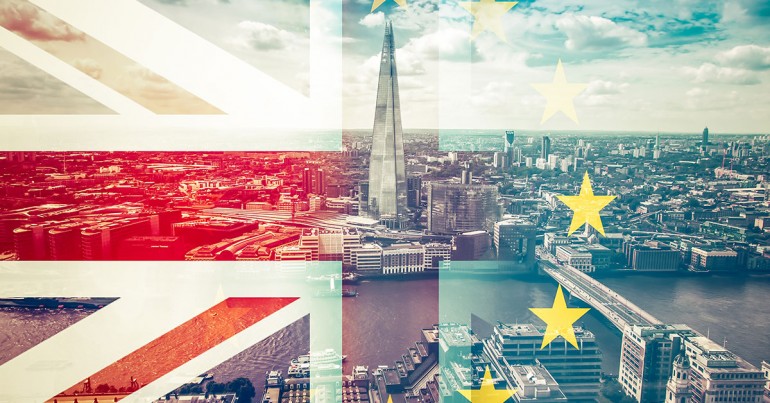
Should We Stay, or Should We Go?
The UK Government and the European Commission both issued directives last week on what the outcome of a no-deal Brexit could be.
To a certain extent, the publications from both sides summed up the two sides differing methods and underlined why the UK wishes to leave the “Brussels Bureaucracy.”
Register for free to get started on a better global payments experience!
London issued a few pamphlets mostly designed to allay fears about food and medicine shortages, told us that it would cost more to use a credit card in Paris or Rome or Madrid after departure, leaving the true “horrors” to our imagination.
Brussels issued a tome with sixty-eight sections each highly detailed which if studied in full would take until next March to wade through.
Putting aside what the UK Government believes the major issues will be (see below), there is little doubt that were the negotiations to collapse, chaos would ensue in several areas, many of which have not even been considered. There would be many “I never thought of that” moments facing the UK population.
The negotiations are continuing in the background with most of the “heavy lifting” being completed away from the glare of publicity. The two major protagonists (or should that be antagonists) in the negotiations will meet in the coming weeks each now aware of the others vision of what doomsday looks like.

EU Citizens in the UK are Brussels priority
While the fate of UK citizens living and working in the EU are a concern to the Government, the reverse issue is the major concern for the European Commission.
EU nationals in the UK see their Citizens rights being severely eroded if there is no agreement, although this wasn’t considered a serious enough issue to be included in the original demands that formed stage one of the negotiations despite concessions made during Theresa May’s Florence Speech in September 2017.
A definite consequence of a hard or no-deal Brexit would be a closed border between the North and South of Ireland. It is almost impossible to quantify in GDP terms the devastating effect such an event would have on the economy of the Republic of Ireland, but it would make the 2008 financial crisis pale by comparison.

Sterling and a no deal Brexit
It is plain to see that even concerns voiced by public figures like Trade Minister Liam Fox and Bank of England Governor Mark Carney bring jitters to the market and if a no-deal scenario became considered higher than a 25% possibility the pound would most likely collapse.
It is true that Fox put the chances at 60/40, but that comment is laced with propaganda. Neither side will see no-deal as a positive and as the realization dawns, the first stage of which happened recently with the release of hard Brexit guidelines, more positive efforts at a solution will be seen.
By collapse, we are talking 1.2000 versus the dollar, perhaps not so dramatic a fall versus the euro, maybe 1.07 area, but any dramatic fall in the value of Sterling will be inflationary.
The Bank of England will be in no position to combat inflation. It will have to reverse both recent rate hikes and, probably, increase the level of QE considerably.
The size of drop in GDP will be considerable but unlikely to be of the magnitude mentioned by UK Finance Minister Philip Hammond who predicted a 10% drop in GDP and a recession lasting years. The UK economy if properly managed could leverage the competitive advantage of a weaker currency provided it can agree trade deals with new and existing partners quickly and efficiently.

The UK’s No-deal Concerns
Several of the concerns may hardly be considered life or death and this, to a certain extent, illustrates the way Brexit has been dealt with by the UK Government. It reminds me of a group sitting around a table in a bar playing a game of “Brexit: What’s the worst thing that can happen?
The major concerns contained in 24 documents are as follows:
- The cost of card payments between the UK and EU will “likely increase” and won’t be covered by a ban on surcharges.
- Businesses trading with the EU should start planning for new customs checks, and might have to pay for new software or logistical help.
- Britons living elsewhere in Europe could lose access to UK banking and pension services without EU action.
- UK organic food producers could face new hurdles to exporting to the EU.
- Pharmaceutical companies have been told to stockpile an extra six weeks’ worth of medicine to ensure a “seamless” supply.
- The UK would continue to accept new medicines that have been tested in the EU.
- Low-value parcels from the EU would no longer be eligible for VAT relief.
- New picture warnings will be needed for cigarette packets as the EU owns the copyright to the current ones.

About Alan Hill
Alan has been involved in the FX market for more than 25 years and brings a wealth of experience to his content. His knowledge has been gained while trading through some of the most volatile periods of recent history. His commentary relies on an understanding of past events and how they will affect future market performance.”



